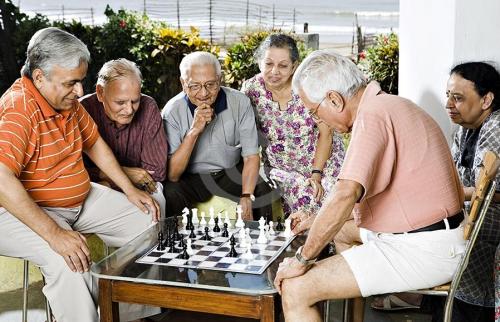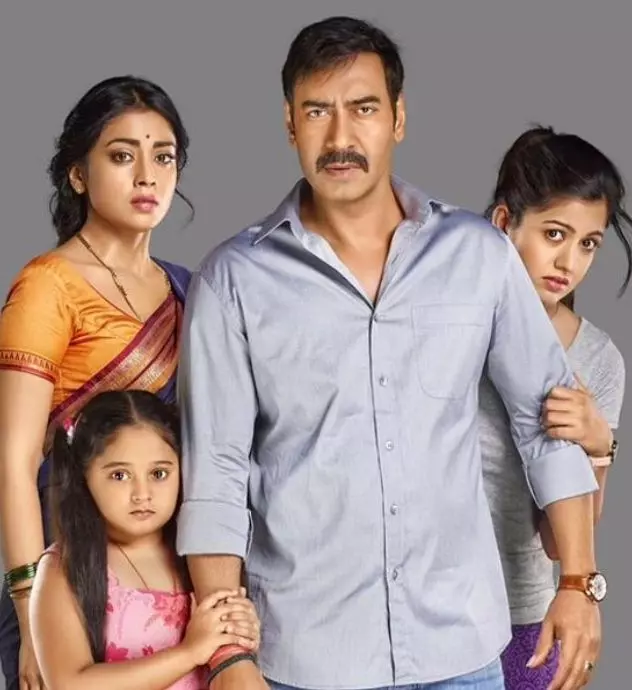The increase in life expectancy across the world has increasing aging in India. There is a rise in elderly population and the demand for holistic care has increased manifold. It is expected that the geriatric population in the country will reach 840 million by 2025. With an increase in the aging population, there is an increased burden on the resources of a country. It causes a medical as well as sociological problem in the society. The elderly suffer high rate of mortality due to infectious diseases and it is a herculean task for the policy makers to address the issue. It has become a private and public concern.
There is tremendous success of medical science which has offered a solution to the medical problems in the country. A lot of elderly are looked after at home, in a day care centre and in a nursing home depending on their physical and mental condition. The problems and needs of the elderly vary significantly based on their age, health, background and living status. They need to be cared for accordingly and looked after without neglecting their social rights.
Challenges faced by the government

The biggest challenge faced by the government is the lack of infrastructure. With increased longevity, a lot of elders need better infrastructure and access to better homes and public spaces. Malnutrition, unattended chronic diseases and expensive medication are a part of the old age life in India. The access to quality public health is limited to very few. There are many other issues like lack of cleanliness in public spaces, overcrowding of hospitals, lack of sufficient infrastructure and no control on the prices of medication. The government spends much lower on the elderly in the country which is why they are highly vulnerable. There is an increase in social isolation as well as loneliness and the preexisting illnesses are not covered by the insurance companies.
The ones who have previously worked in the public sector avail of pension but the rest have no income. Due to the increasing trend of nuclear families, the management for elder care is getting difficult and tedious. Managing home care for elders can be a massive challenge. The health insurance cover is also limited to hospitalization only. Majority of the elderly are heavily dependent on others and have to rely on their family members for their security and well being.
It is important to understand the social aspects that concern the aged. With an increase in life expectancy, there are a number of problems emerging for the elderly in the country. It should be remembered that comprehensive care is possible but only with the involvement of the family and the government. India should be prepared to meet the challenges of caring for the elderly citizens of the country and the social service institutions should address the challenges so as to improve their quality of life. There is a dire need to develop a responsive system to meet the needs and challenges of the elderly population in the country.
Bharti
Content Writer
Bharti is a skilled content writer with over 5 years of professional experience creating engaging and high-quality content for diverse audiences. She specializes in crafting informative articles, blog posts, and web content that resonates with readers and drives results.

.webp)





_1735214375.webp)









